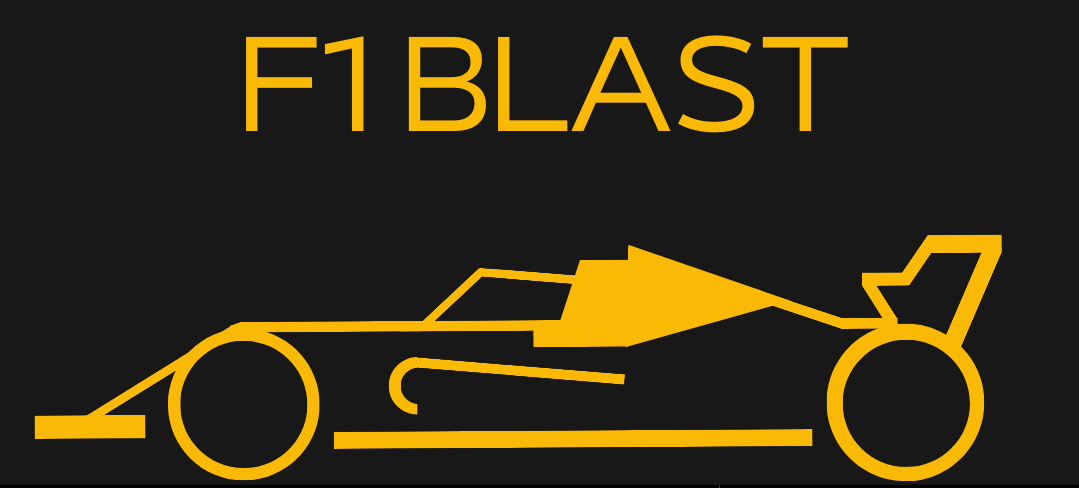Formula 1 has seen a lot of father-son families racing across the over 70 years of history. We’ve seen the Schumachers’, the Verstappens’, the Rosbergs’. But one of the most famous of them all, are the Hills’, who were also one of the most successfull. Not only they both raced in Formula 1, but they both won many races and Championships.
Graham Hill: Mr. Monaco Conquers the Racing World
Graham Hill’s introduction to motorsport was somewhat accidental. Born in 1929 in North London, Hill took up various working-class jobs after finishing school at 16. It wasn’t until he was 24 that he obtained his driver’s license and became a mechanic at a local racing school.
This ignited Hill’s interest in racing. He quickly progressed to becoming an instructor at the school, where he met Colin Chapman, founder of the nascent Lotus team. Chapman recognized Hill’s talent and offered him a job. Within just 5 years of getting his license, Hill was driving for Lotus in Formula 1.
Hill scored points in his very first race at Monaco. He soon firmly established himself as one of the fastest and most competitive drivers on the grid. After a frustrating 1960 season with Lotus plagued by retirements, Hill switched to BRM in 1961.
This proved to be the perfect move. Hill helped transform BRM into a championship-winning team. His epic fight with teammate Tony Brooks secured Hill his first World Championship in 1962.
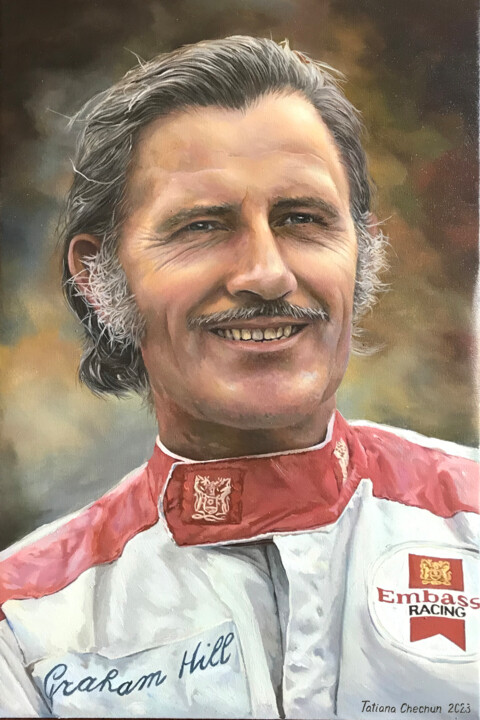
Master of Monaco
While he earned praise for his speed, mechanical sympathy and technical knowledge, Hill became especially renowned for his prowess at the Monaco Grand Prix. He took an unmatched five victories in the principality, earning him the nickname “Mr. Monaco.” Across 17 years, Graham Hill won 5 Monaco Grand Prix. A record, which lasted for decades, until Ayrton Senna beat it in 1993, scoring his 6th Monaco Grand Prix win.
Hill tailored his driving specifically for Monaco’s tight confines. He entered corners slower than usual, maximizing traction out of them thanks to his smooth technique. This allowed Hill to exploit the superior grip and acceleration of the Lotus chassis.
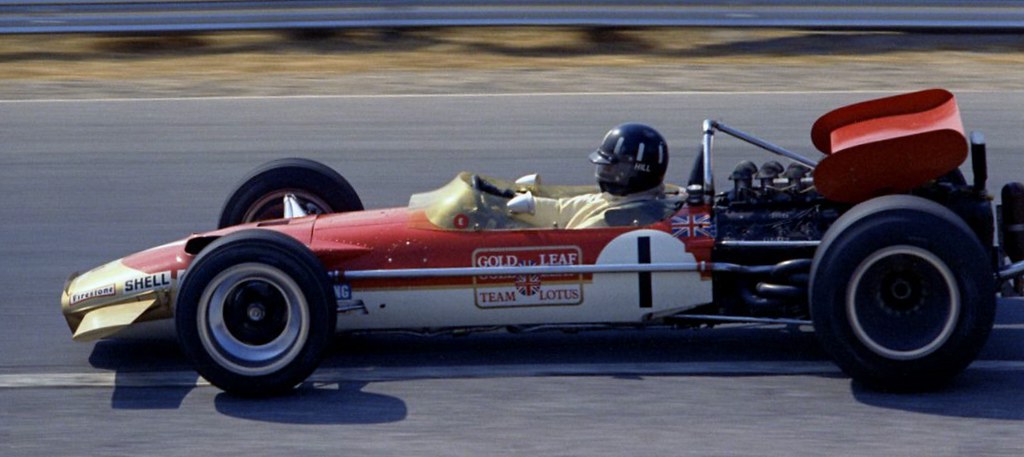
Triple Crown Champion
After his 1962 title success, Hill battled for championships with other legends like Jim Clark and Jackie Stewart. He triumphed again in 1968, but his defining achievement came in motorsports’ Triple Crown.
Hill remains the only driver to win the Triple Crown, consisting of the Monaco Grand Prix, Indianapolis 500 and 24 Hours of Le Mans. He won Le Mans in 1972 alongside Frenchman Henri Pescarolo. That same year, Hill received a knighthood and retired from F1.
Only 19 drivers participated in all three legs of the Triple Crown and succeeded in at least one of the categories, so Hill’s triple record is something that’s almost impossible to achieve, and the record will most likely remain unbroken.
Lasting Influence
Hill became a beloved personality thanks to his sense of humor, flamboyant lifestyle and accessibility. Alongside his racing activities, he appeared frequently on TV shows and penned an autobiography.
Tragically, Hill died in 1975 at age 46 when his personal plane crashed in foggy conditions. His death deeply impacted the F1 community. But his accomplishments ensured Hill’s place as one of racing’s most iconic figures.
Damon Hill: Carrying on the Legacy
Graham’s eldest son, Damon, was born in 1960. Despite bearing the Hill name, he held little passion for racing in his youth. Damon only took up driving in his 20s, initially in motorcycles before switching to cars.
Early Racing Career
With help from sponsors eager to back the Hill name, Damon progressed through Formula Ford and Formula 3 before landing in Formula 3000. However, middling results failed to convince F1 teams to sign him.
Damon got his big F1 break at age 32 after injuries forced Williams to hire a substitute in 1992. Impressed by his speed and technical feedback, Williams retained Hill for 1993 despite signing triple World Champion Alain Prost.
A Fateful Year
The 1994 season shook F1 to its core. Ayrton Senna, one of Williams’ drivers, died from crashing at Imola. The team overcame the tragedy to continue racing, with Hill suddenly thrust into the role of lead driver.
He responded magnificently, winning six races to challenge the young Michael Schumacher for the 1994 crown. Controversially, Schumacher collided with Hill in the finale to clinch the title by a single point. This was the first of the cheeky Schumacher’s attempt at securing the World Championship, and this one was deemed a racing incindent. As Schumacher showed later, he was cold and calculated. He tried to do the same in the 1997 season against Jacques Villeneuve, but failed miserably and has been disqualified from the whole season. Should this event happened prior to the 1994 season finale, Schumacher would most likely avoid causing a colision, or be banned again, granting Damon Hill his well deserved Championship in that year.
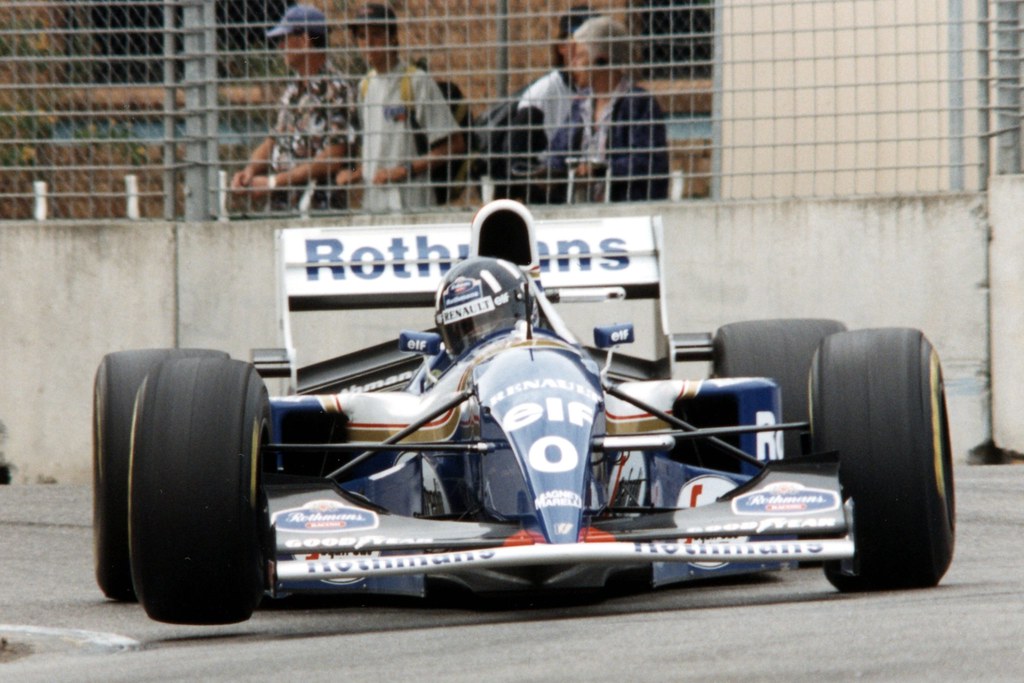
Reaching the Summit
An outraged Hill channeled that anger into dominance in 1996. He scored eight wins as Williams delivered one of F1’s most superior cars. Hill quickly wrapped up that year’s championship, becoming the first son of a World Champion to replicate his father’s feat.
Despite his crowning achievement, Williams surprisingly dropped Hill for 1997. He never again came close to winning a title over the remainder of his career. Regardless, Hill succeeded in emerging from his father’s imposing shadow and leaving his own legacy in F1.
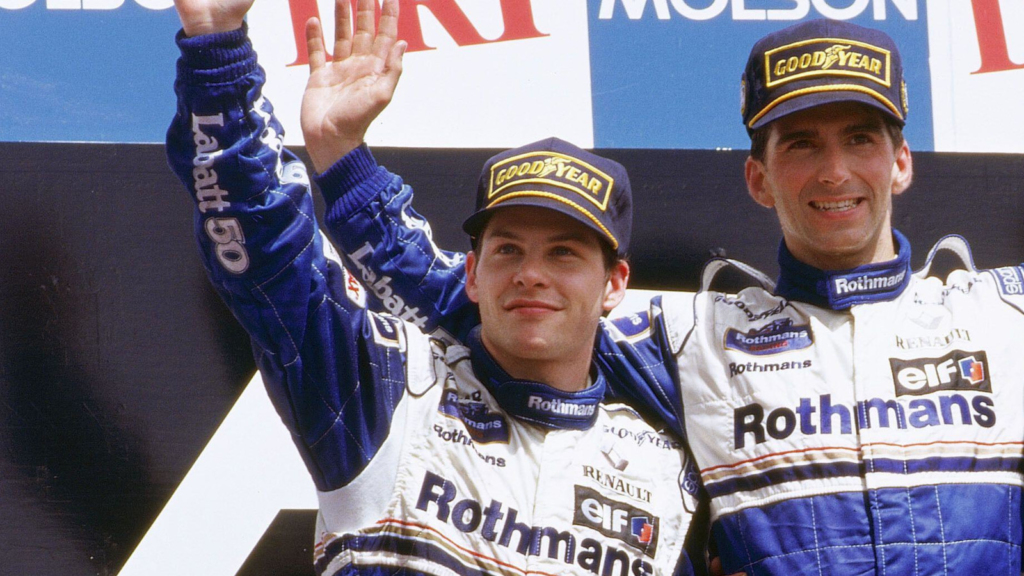
Carrying the Torch
As the first family to produce two World Champion drivers, the Hills created their own dynasty. After retirement, Damon continued the racing connection by serving as president of Britain’s motorsports governing body and overseeing upgrades to the British Grand Prix’s Silverstone circuit.
Damon also nurtured his own son Josh’s driving ambition for a time. Ultimately Josh competed more at the amateur level rather than following the Hills into F1 stardom. Nevertheless, the Hills upheld motor racing excellence across three generations – a unique accomplishment unmatched by any other family.
The courageous Graham and determined Damon together scaled the highest peaks of open-wheel racing at Monaco, Indianapolis and in Formula 1. Their passion and perseverance in the face of intense grief and adversity constitutes a powerful legacy befitting motorsport royalty.

